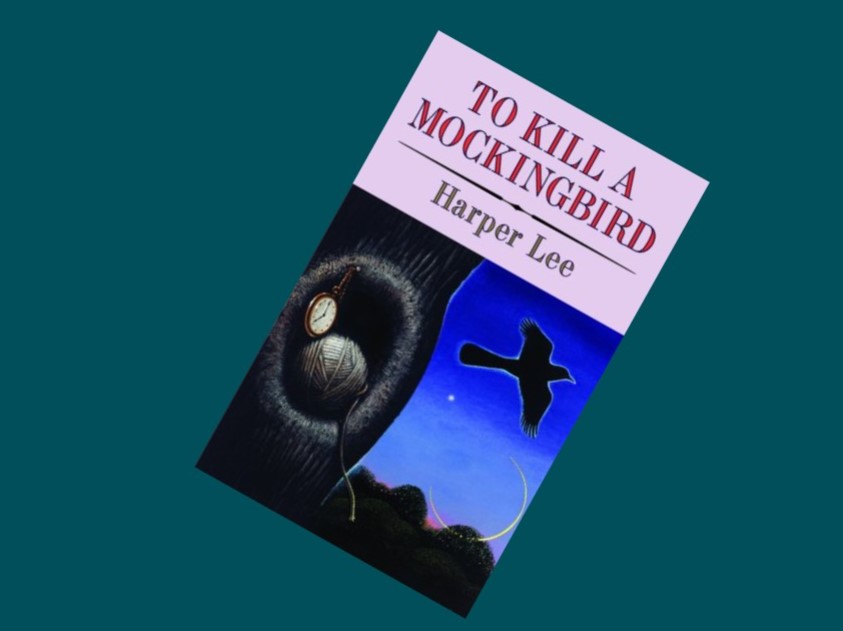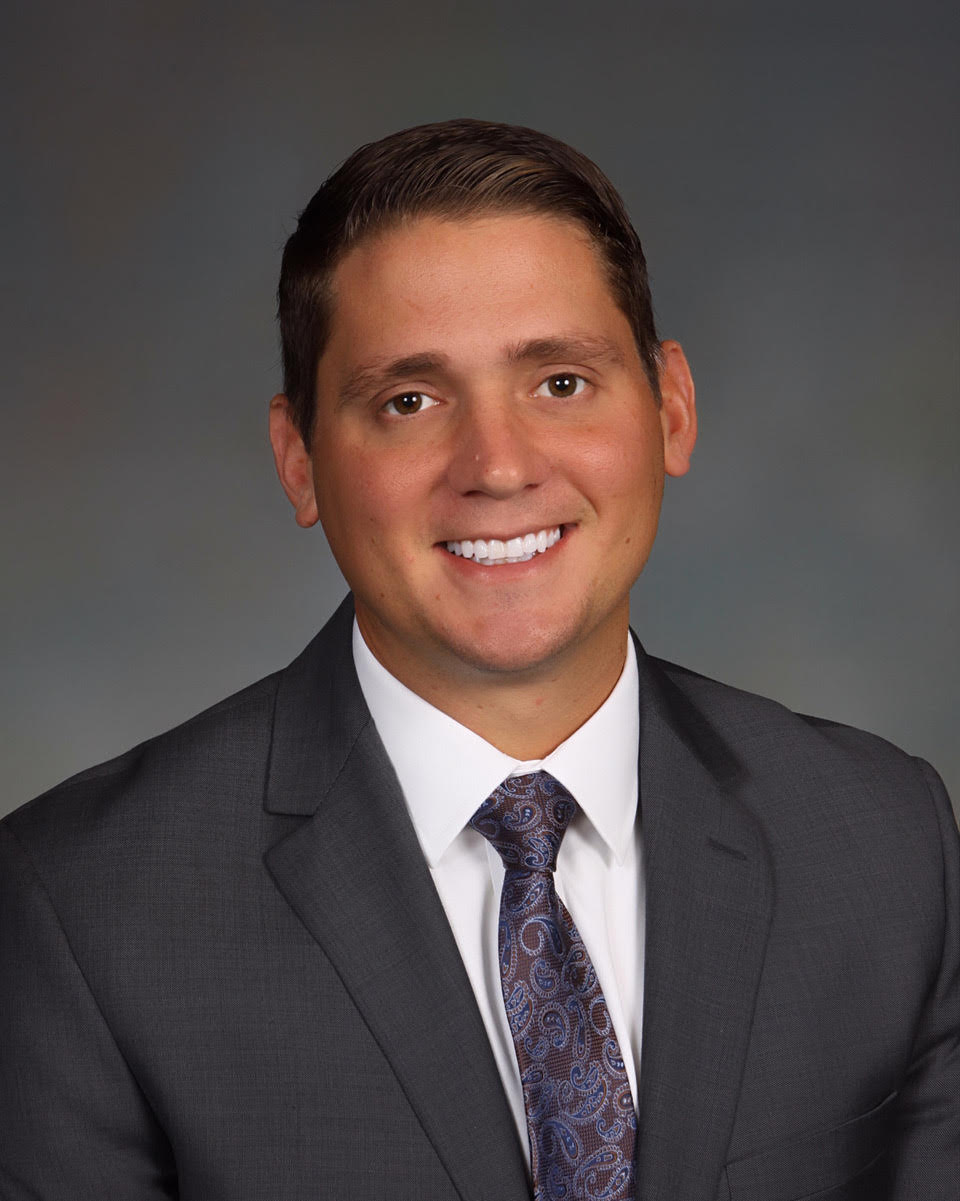OPINION: Haverford’s Curriculum Curation Doesn’t Get the Same Treatment as Other Districts’ in the Mainstream Press

This editorial first appeared in Broad + Liberty
Students and activists at Haverford Middle School are seeking to prohibit the use of Harper Lee’s “To Kill a Mockingbird” in the school’s English curriculum due to concerns of racially insensitive language in the book.
Actually, let’s try that again: students and activists at Haverford Middle School are trying to BAN BOOKS that teach critical lessons about the history of racial injustices in the American South.
Is that inflammatory enough?
It’s true that activist students are trying to rid the middle school curriculum of a classic yet difficult read about America’s history of racial inequalities, and it’s true that this is rooted in a belief that certain speech and words ought to be restricted in the classroom without exception.
But the notion that this is a “book ban” is nonsense — and the people who oppose the book’s inclusion in the curriculum are presumably well-intentioned.
The public seems to be at a consensus about this — nobody is calling Haverford’s curriculum review a “book ban” or attributing malicious intentions to the students and activists seeking the book’s removal, and for good reason.
Yet, you can count on the use of this sort of rhetoric within most articles you read about “book bans” in high school and middle schools nationwide.
What stands out about the Haverford case is that, under the new definition of “book ban” the media has created and weaponized, these discussions at Haverford should be held on par with cases like those in Central Bucks and the Bob Graham Education Center in Miami.
The Central Bucks School District came under fire for removing the graphic novel “Gender Queer” from its school libraries due to parent concerns about the book depicting oral sex between two teenagers. Opponents of the removal deemed it a “book ban” and characterized the district’s decision as homophobic — and of course, the media ran with this idea.
At Bob Graham Elementary, Amanda Gorman’s inaugural poem was moved from a shelf in a library media center for grade-schoolers and put on a shelf for middle-schoolers. Jonah Goldberg wrote an excellent piece highlighting the media’s abrupt characterization of this move as a “book ban.” Get a load of some of the headlines Goldberg cites about this:
Vox: The latest book ban target: Amanda Gorman’s poem from the Biden inauguration
ABC: Poet Amanda Gorman criticizes book ban effort in Florida targeting Biden’s inauguration poem
So why is it that the situations in Central Bucks and Bob Graham were considered “book bans,” yet Haverford Middle School gets a pass for pulling one of the most influential anti-racist, anti-Jim Crow literary works of all time, with the media characterizing it as a “curriculum review?”
This is not to say that any of these instances should be referred to as a “book ban” — there is simply a noticeable difference in how the requirements to be considered a “book ban” in the media seemingly change on a case-by-case basis. None of the cases mentioned above are actual book bans.
Up until recently, most of the world seemed to agree that a book readily available and legal to purchase and possess is not “banned.” In the case of Central Bucks, it appears that students aren’t even technically prohibited from possessing “Gender Queer” at school — it’s just not available for checkout at the school library anymore.
What at first appears to be the typical melodrama we’ve come to expect from political activists is starting to seem like a politically motivated collaboration between those on the Left and the complicit media to redefine and weaponize the term “book ban.”
A term which, prior to its recent redefinition, was a pre-existing term that did, and still, means something truly awful in many parts of the world where people are routinely jailed or killed for possessing or authoring certain books.
By traditional definitions, the “book bans” that have made headlines in recent years have been outright failures considering that, despite some books being removed from school libraries, you can still find them on Amazon, Barnes & Noble, at public libraries, or any chain or local bookstore that may be carrying them.
However, the fear-inducing reputation of historical “book bans” are part of the appeal of utilizing this term to elicit an emotional, mobilizing response from school communities, thus leveraging the power of demonstrators to serve political purposes which, in this case, favor the Left.
Realistically, would the media have described this effort in Haverford as a “book ban” if it were being led by right-wing, anti-CRT activists who believed the book, or the way it was being taught, was too racially divisive for young students and thus should be pulled?
Is it unrealistic to imagine they’d be dragged through the mud like Ron DeSantis when his administration rejected an AP African American history course due to its perceived divisiveness and basis in CRT?
Despite all of this, the people who organize against perceived “book bans” are, indeed, probably well-intentioned — specifically those who are concerned about free speech and ready access to controversial thoughts and ideas. However, it appears they are being misled by those who benefit from the chaos caused by these widely overblown stories.
Ultimately what one believes students ought to have access to in school is extremely subjective and, in the instance of library books, really ought to be viewed on a case-by-case basis.
And if you really feel strongly about having a particular book available to you or someone you know, Google it and you’ll probably find it available to read or purchase. Let’s stop being so theatrical about it.



